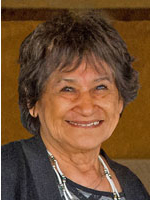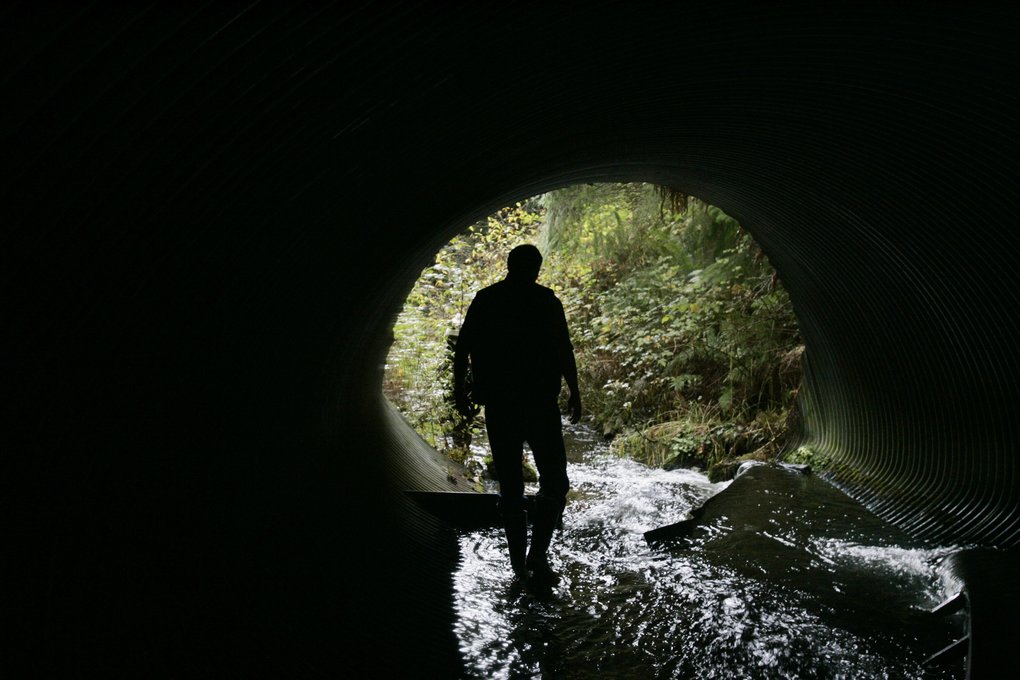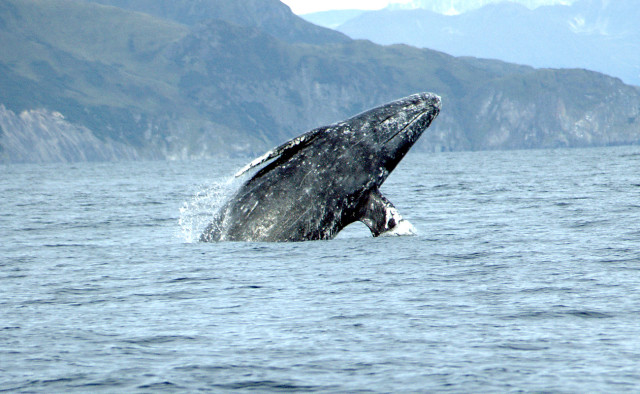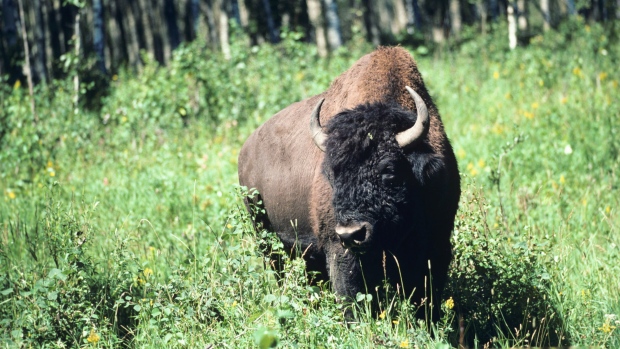The money, time and effort spent denying tribes their rights could be far better spent on salmon recovery.
THE state of Washington should end its long, failed history of denying tribal, treaty-reserved fishing rights and halt its appeal of a federal court ruling requiring repair of hundreds of salmon-blocking culverts under state roads.
Instead, the state should embrace the court’s ruling, roll up its sleeves and work with tribes to end the spiral to extinction in which the salmon and all of us are trapped.
The money, time and effort spent denying tribes their rights could be far better spent on salmon recovery. More salmon would mean more fishing, more jobs and healthier economies for everyone.
The appeal stems from Judge Ricardo Martinez’s 2013 ruling that failed state culverts violate tribal treaty rights because they reduce the number of salmon available for tribal harvest. Martinez gave the state 15 years to reopen 90 percent of the habitat blocked by its culverts in Western Washington. More than 800 state culverts thwart salmon access to more than 1,000 miles of good habitat and harm salmon at every stage of their life cycle. The state has been fixing them so slowly it would need more than 100 years to finish the job.

The U.S. government filed this case in 2001 on behalf of the tribes. It is a sub-proceeding of the U.S. v. Washington litigation that led to the landmark 1974 ruling by Judge George Boldt. His decision upheld tribal, treaty-reserved rights and established the tribes as co-managers of the resource with the state of Washington.
Martinez ruled that our treaty-reserved right to harvest salmon also includes the right to have those salmon protected so they are available for harvest.
Our right is meaningless if there are no fish to harvest because their habitat has been destroyed. Today, we are losing the battle for salmon recovery because habitat is being lost faster than it can be restored.
The state argues that the treaties do not explicitly prohibit barrier culverts. But treaty rights don’t depend on fine print, they depend on what our ancestors were told and understood when the treaties were signed. They would never have understood or agreed that they were signing away the ability of salmon to get upstream.
The state claims that fixing its culverts is a waste because there are other barriers on the same streams and other habitat problems that need attention. But state biologists testified that passage barriers must be removed if salmon are to recover. State culverts are often located on the lower reaches of the rivers, and are the key to restoring whole watersheds.
Other road owners are doing their part. Under state law, timberland owners will fix all their barriers by this fall. Hundreds of other culverts have also been fixed. The state’s “you first” approach would mean no progress at all.
The state argues that a tribal victory would open a floodgate of litigation from the tribes on any state action that could harm fisheries.
But Judge Martinez ruled that the state’s duty to fix its culverts does not arise from a “broad environmental servitude,” but rather a “narrow and specific treaty-based duty that attaches when the state elects to block rather than bridge a salmon-bearing stream.”

During the Fish Wars of the 1960s and ’70s, tribal fishermen were arrested, beaten and jailed for exercising treaty-reserved rights. The beatings and arrests may have stopped, but the state has never stopped challenging tribal treaty rights, even though they have been upheld consistently by the courts.
Reserving the right to fish so that we can feed our families and preserve our culture was one of the tribes’ few conditions when we agreed to give up nearly all of the land that is today Western Washington. The treaties our ancestors signed have no expiration date and no escape clauses.









